Faculty
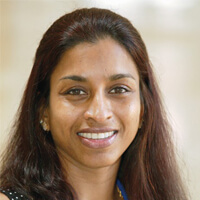
Uma Ramaswami, FRCPCH, MD (Chair)
Royal Free London
NHS Foundation Trust
London, United Kingdom
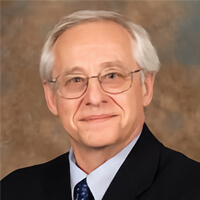
Gregory A. Grabowski, MD
Cincinnati Children’s Hospital
Research Foundation
Cincinnati, OH, United States
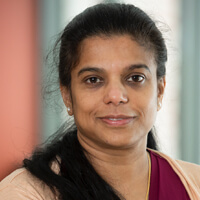
Reena Kartha, MS, PhD
University of Minnesota
Minneapolis, MN, United States
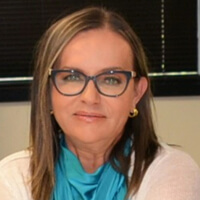
Ozlem Goker-Alpan, MD
Lysosomal and Rare Disorders
Research & Treatment Center, Inc.
Fairfax, VA, United States
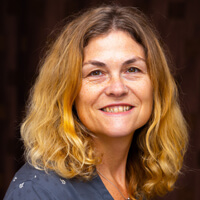
Tanya Collin-Histed
International Gaucher Alliance
London, United Kingdom
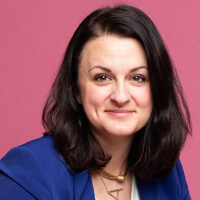
Amy Gaviglio, MS, CGC
4ES Corporation
Centers for Disease Control and Prevention
Minneapolis, MN, United States
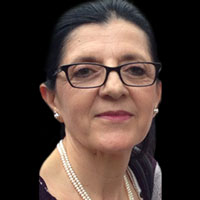
Nahid Tayebi, PhD
MGB, NHGRI, National Institutes of Health
Bethesda, MD, United States
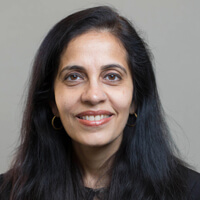
Priya S. Kishnani, MD
Duke University Medical Center
Durham, NC, United States



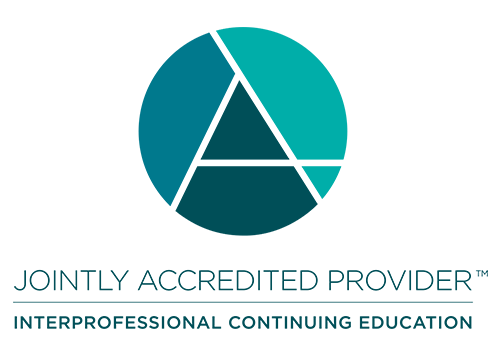 In support of improving patient care, this activity has been planned and implemented by the Postgraduate Institute for Medicine and Saterdalen & Associates, LLC. Postgraduate Institute for Medicine is jointly accredited by the Accreditation Council for Continuing Medical Education (ACCME), the Accreditation Council for Pharmacy Education (ACPE), and the American Nurses Credentialing Center (ANCC), to provide continuing education for the healthcare team.
In support of improving patient care, this activity has been planned and implemented by the Postgraduate Institute for Medicine and Saterdalen & Associates, LLC. Postgraduate Institute for Medicine is jointly accredited by the Accreditation Council for Continuing Medical Education (ACCME), the Accreditation Council for Pharmacy Education (ACPE), and the American Nurses Credentialing Center (ANCC), to provide continuing education for the healthcare team.